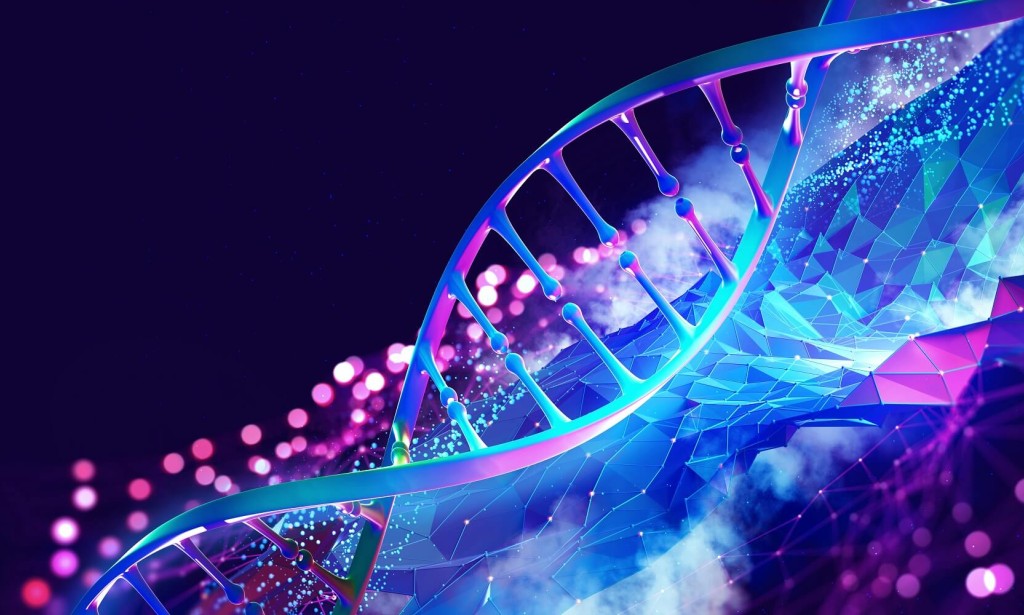Scientists around the world are constantly searching for ways to slow down or even reverse the aging process. One of the most active areas of research is on anti-aging DNA.
It works by allowing scientists to make precise changes to DNA, which could be used to repair damage that occurs with age or to introduce genes that promote longevity.
One of the most promising technologies is CRISPR-Cas9. CRISPR-Cas9 is a DNA editing tool that can be used to repair disease-causing mutations. This technology has been used to treat genetic.
Senescent cells are damaged cells that stop dividing but remain in the body. They can release harmful chemicals that contribute to aging and disease. CRISPR-Cas9 could be used to remove senescent cells or to prevent them from forming in the first place.
Another potential application of CRISPR-Cas9 for anti-aging is to target genes that are involved in the aging process. For example, scientists have identified a gene called sirtuin 6 that plays a role in longevity. CRISPR-Cas9 could be used to increase the expression of sirtuin 6 or to introduce other genes that promote longevity.
CRISPR-Cas9 is still in its early stages of development, but it has the potential to be a powerful tool for anti-aging. Scientists are currently conducting clinical trials to test the safety and efficacy of CRISPR-Cas9 for the treatment of aging and age-related diseases.



You must be logged in to post a comment.